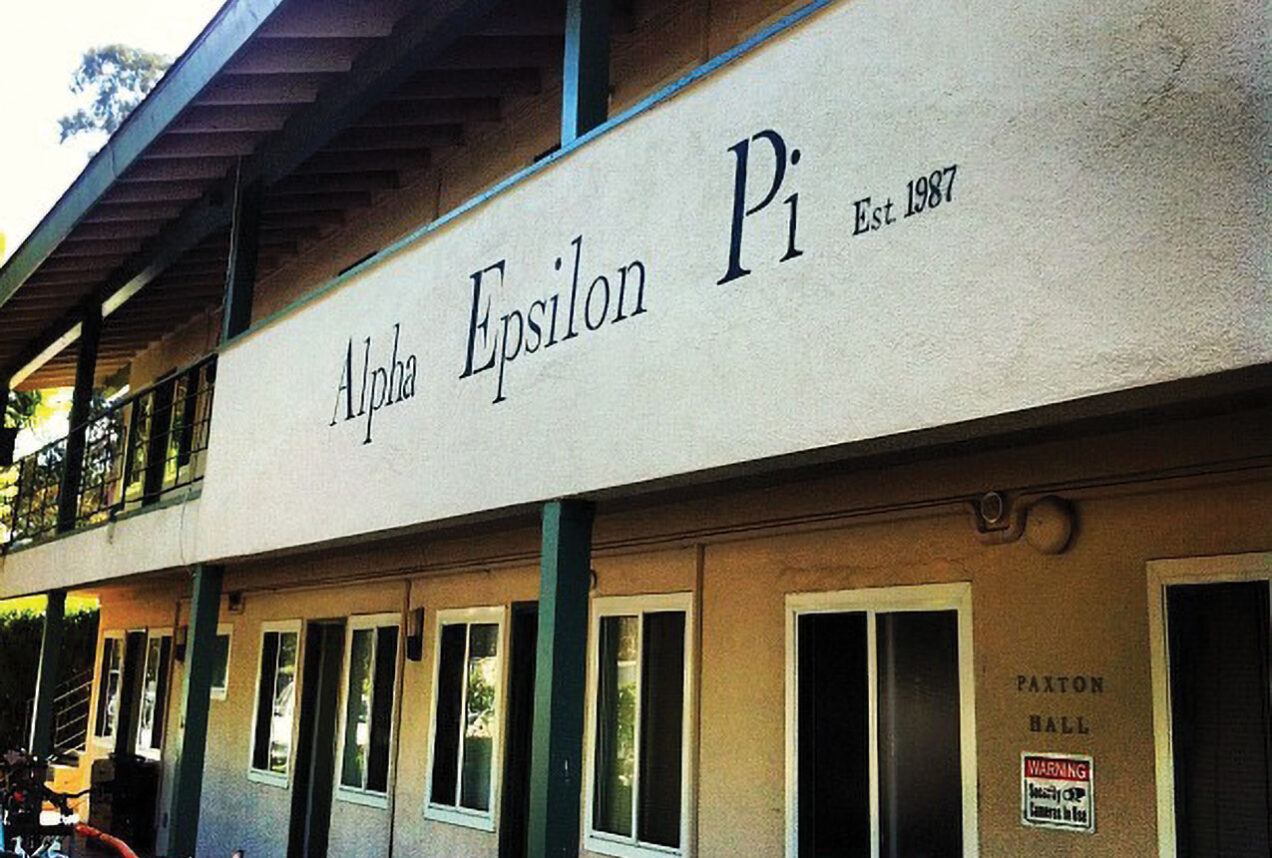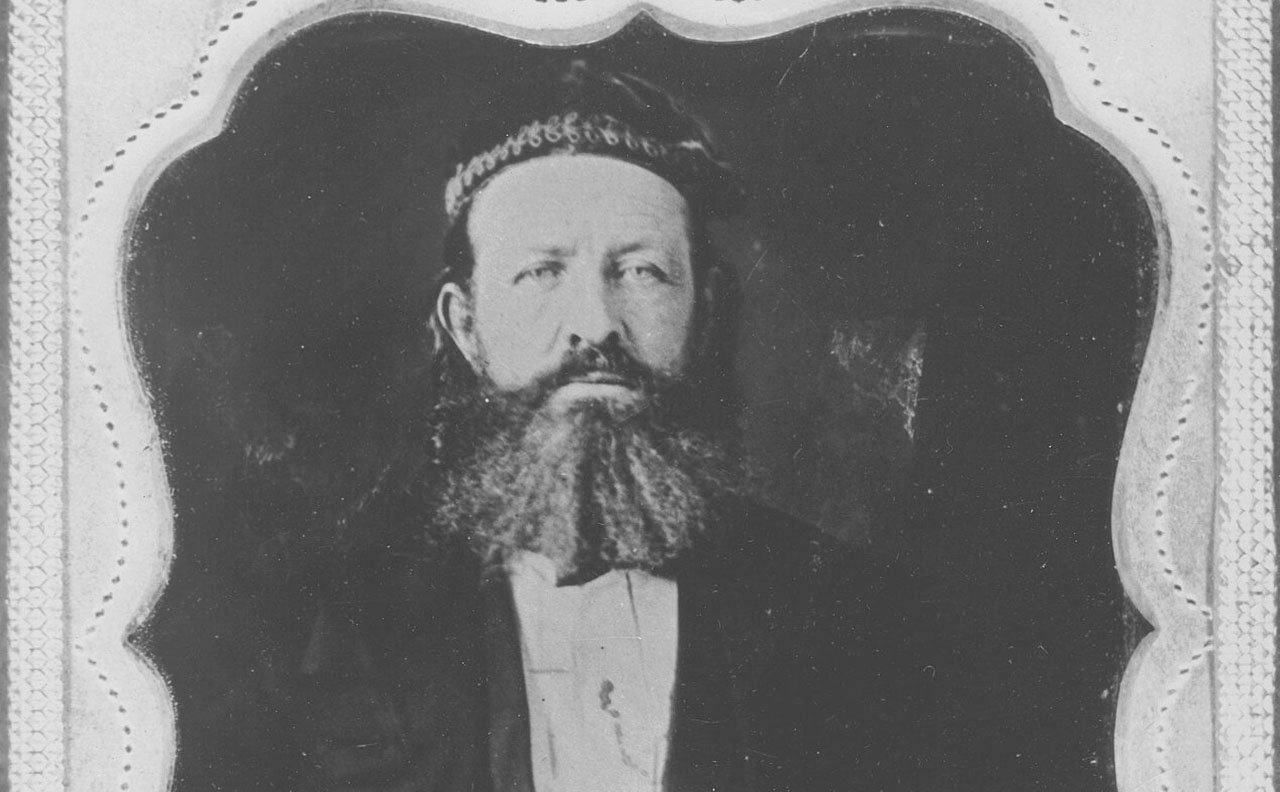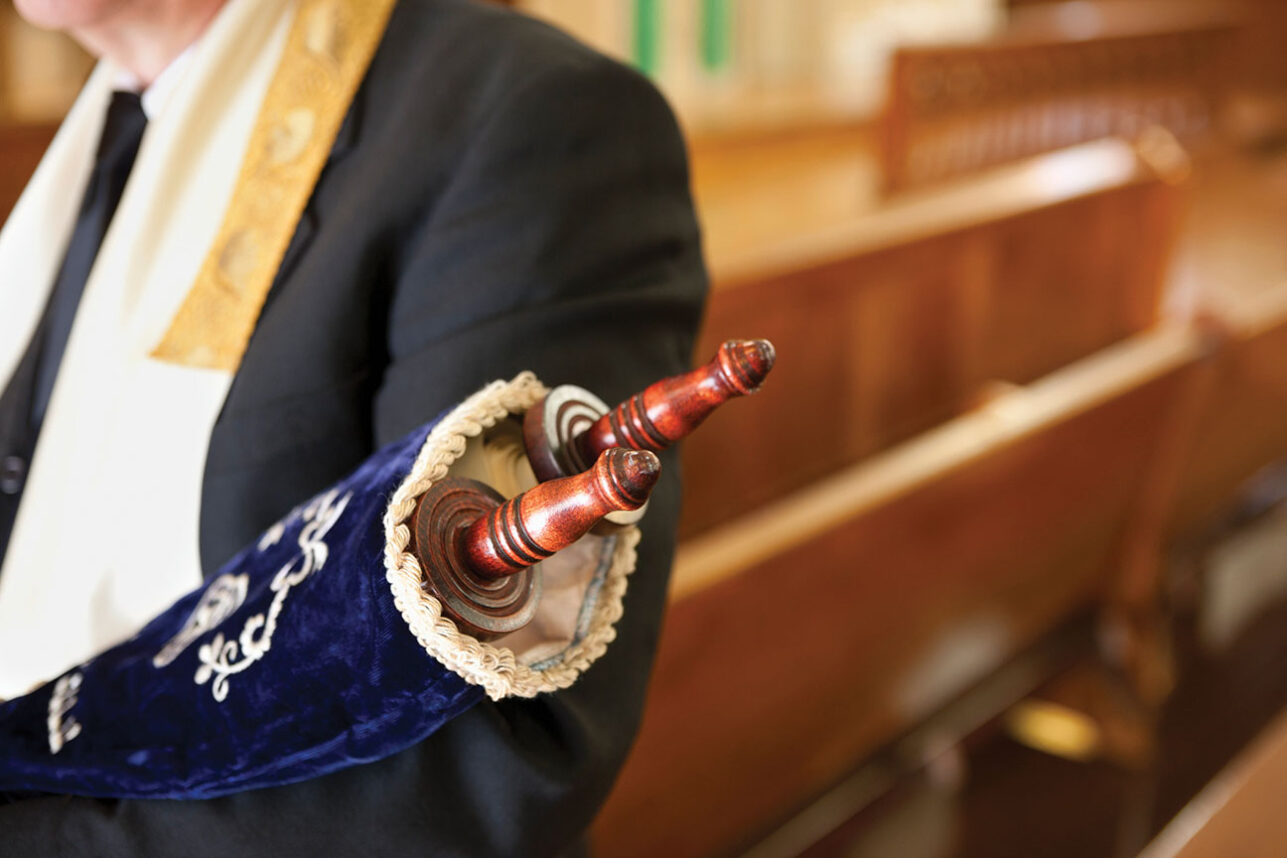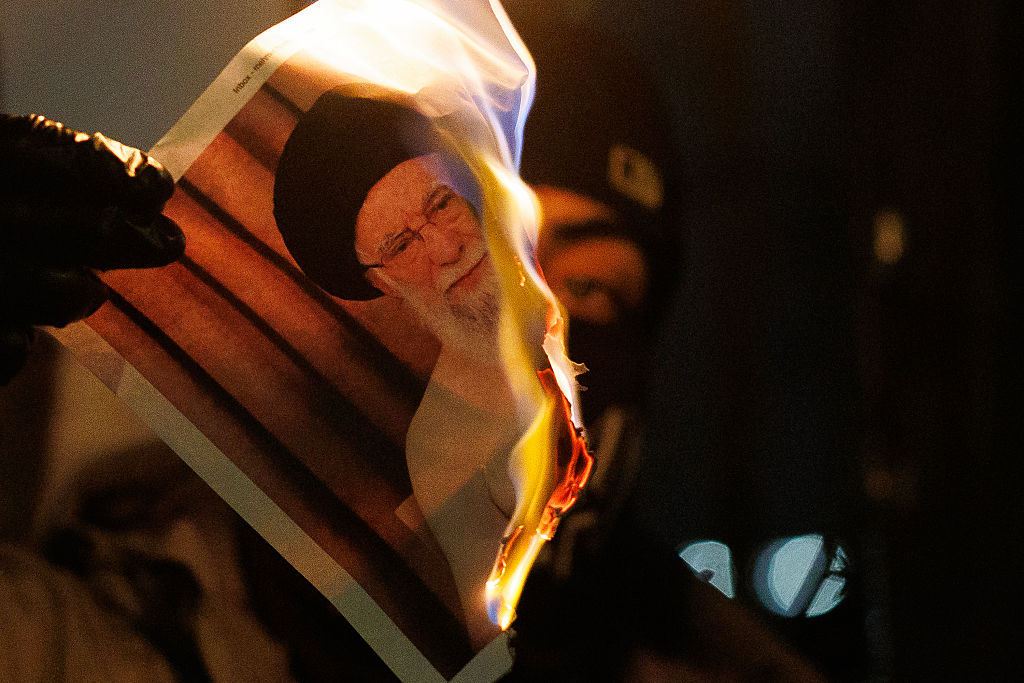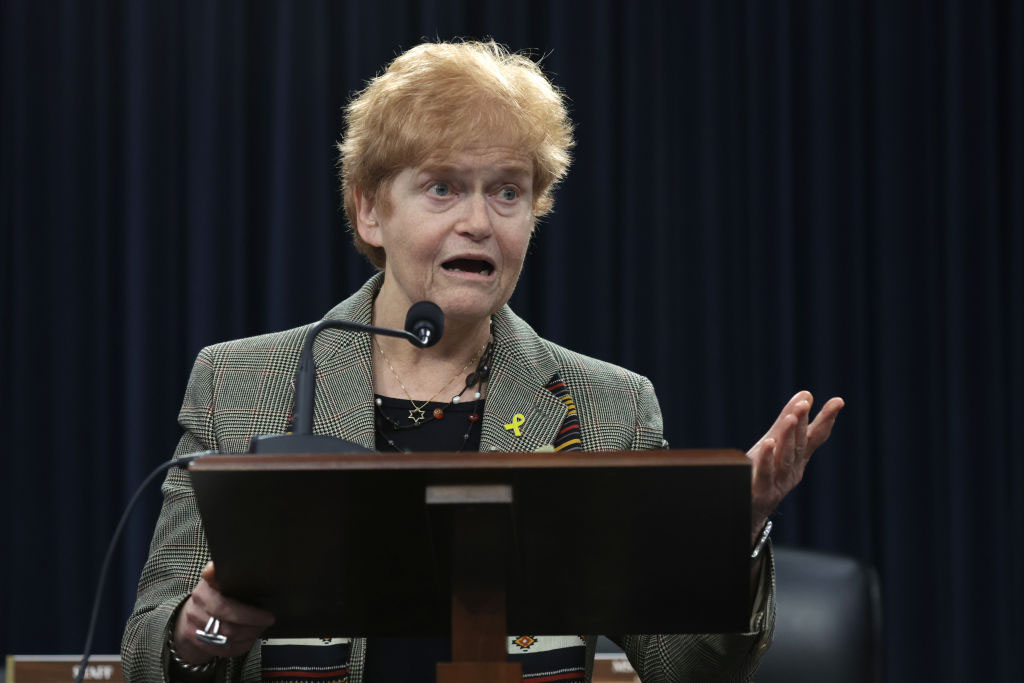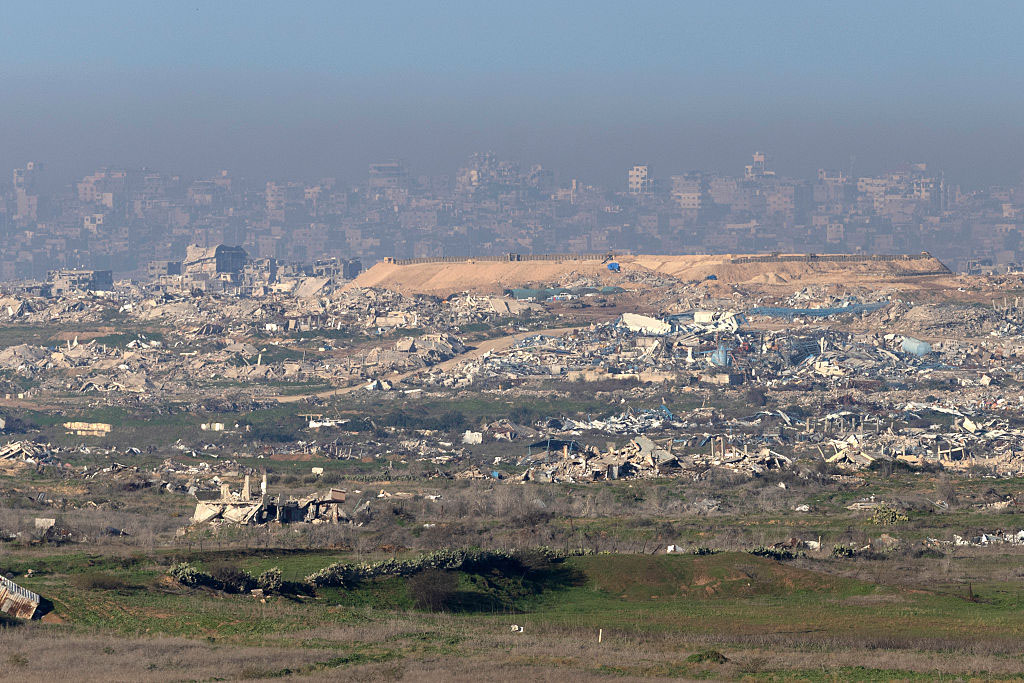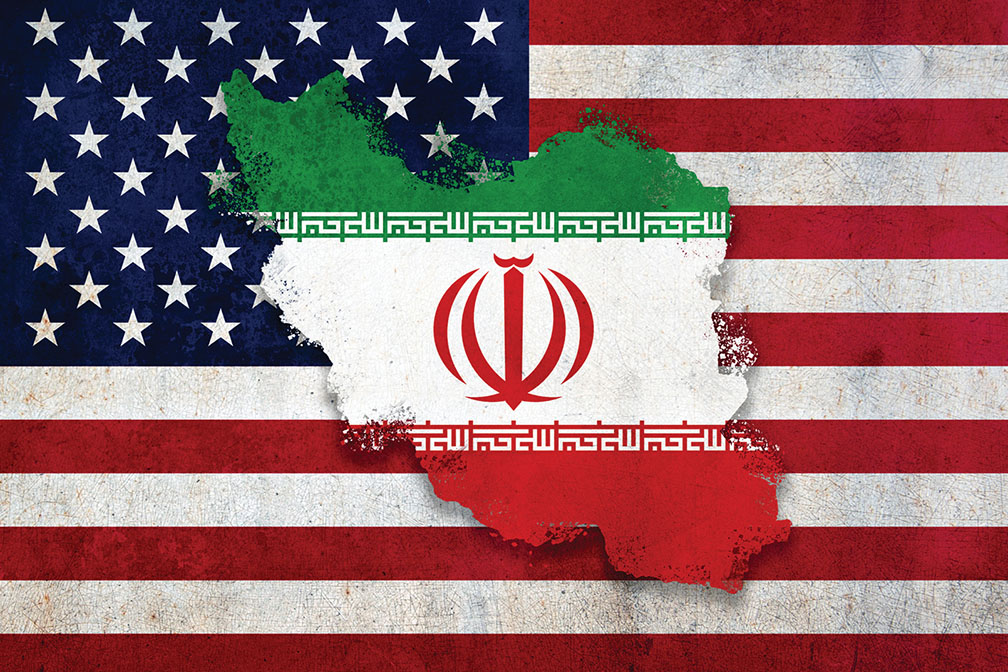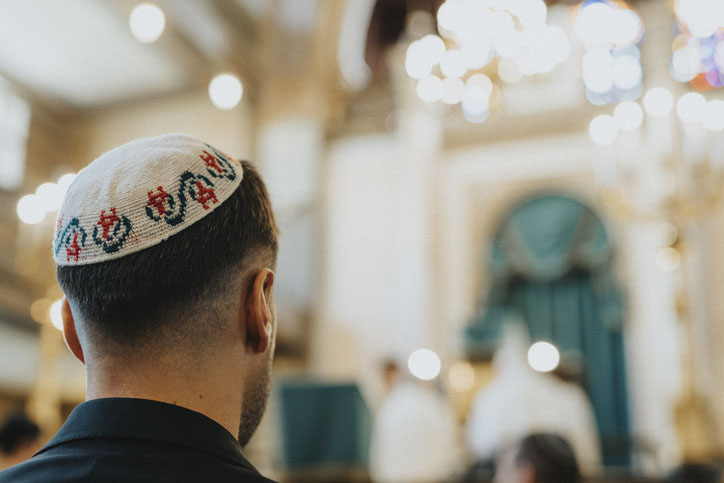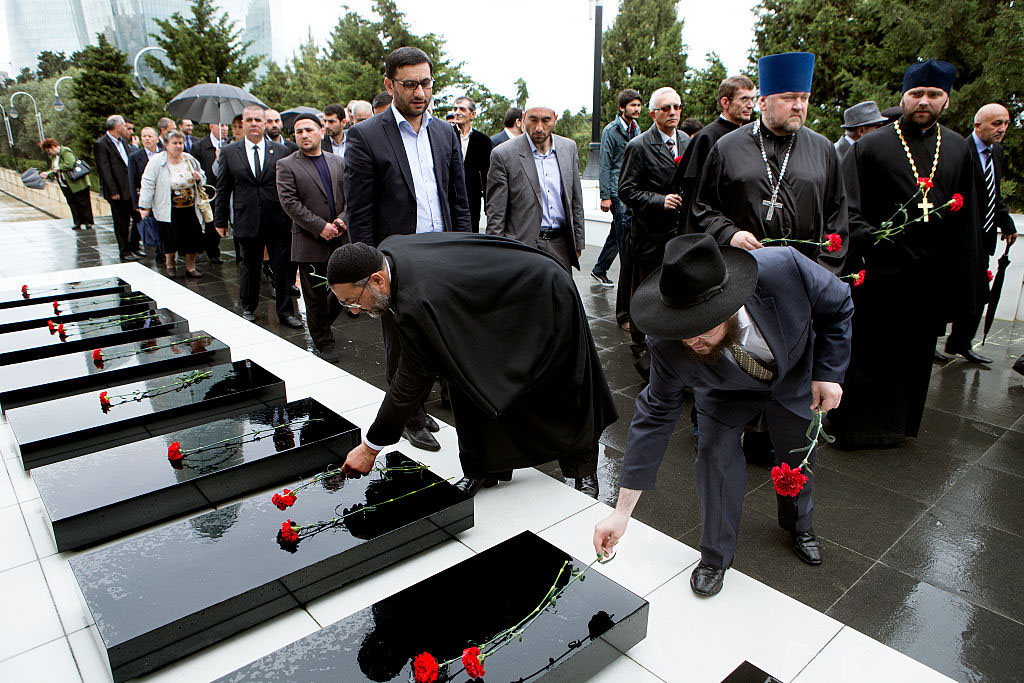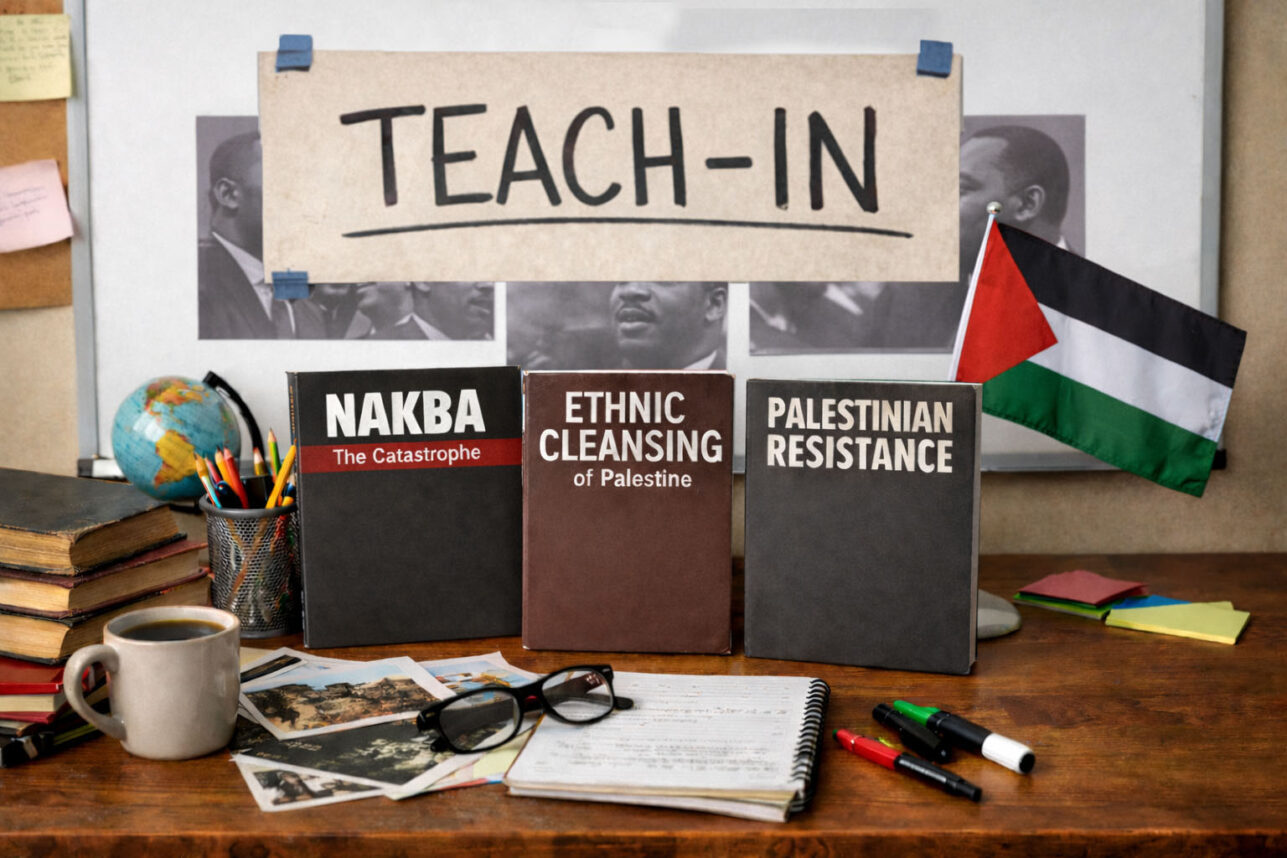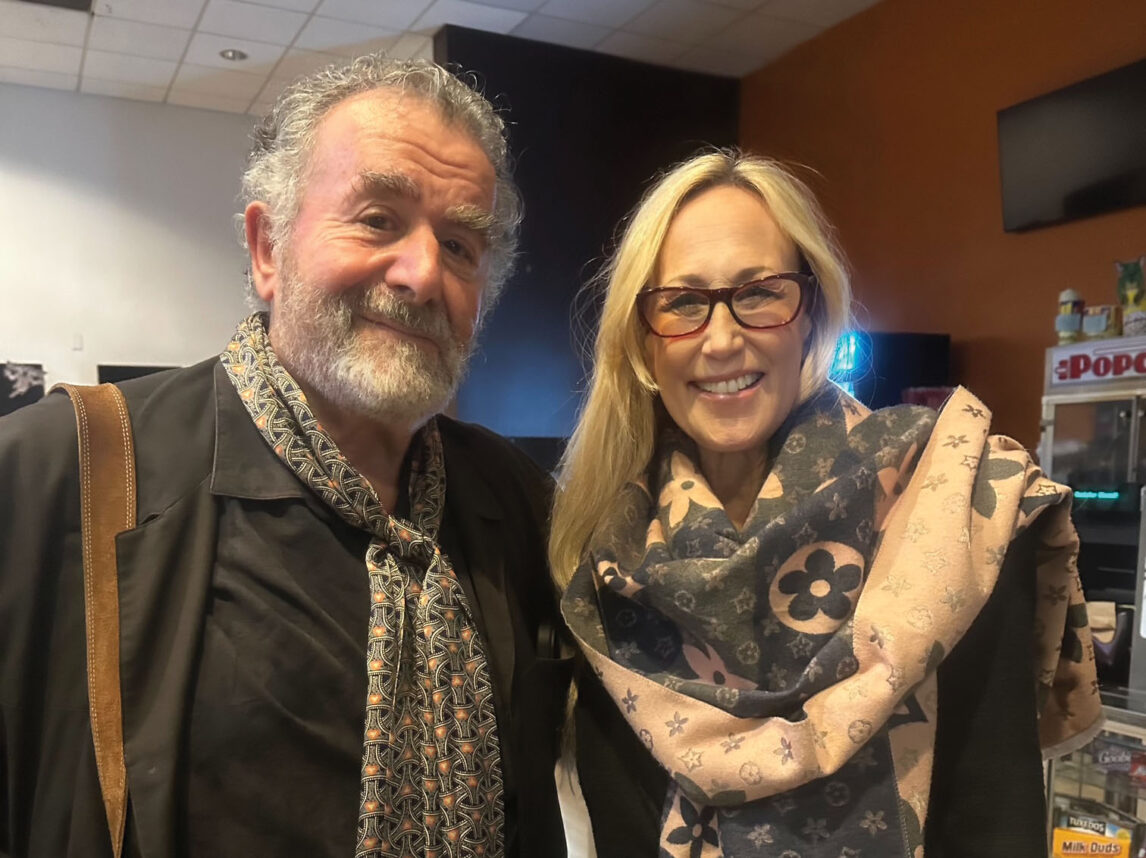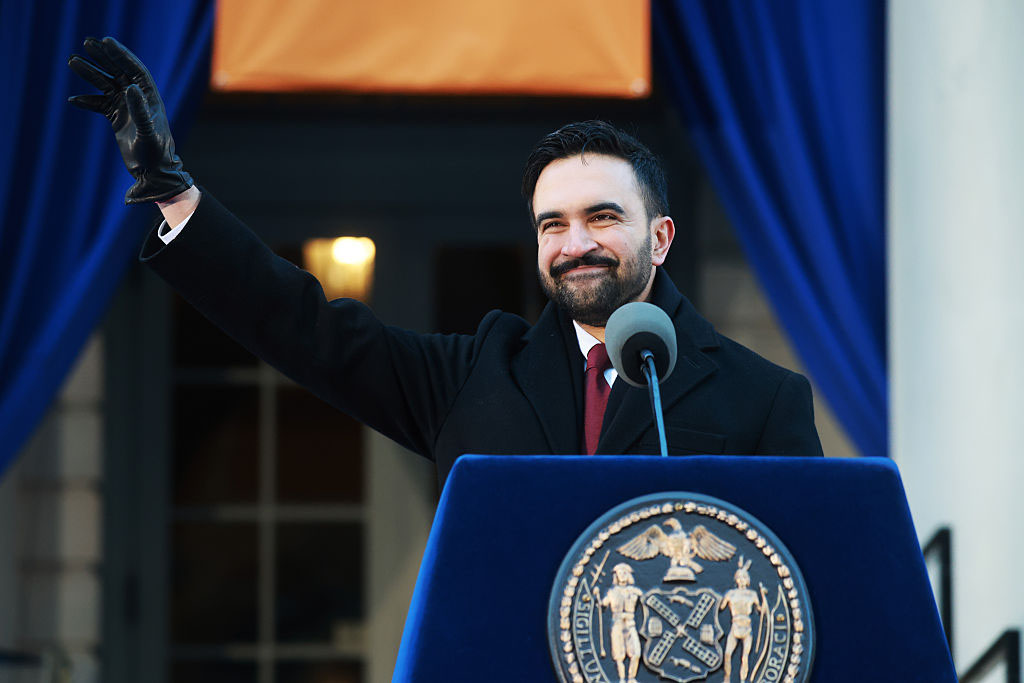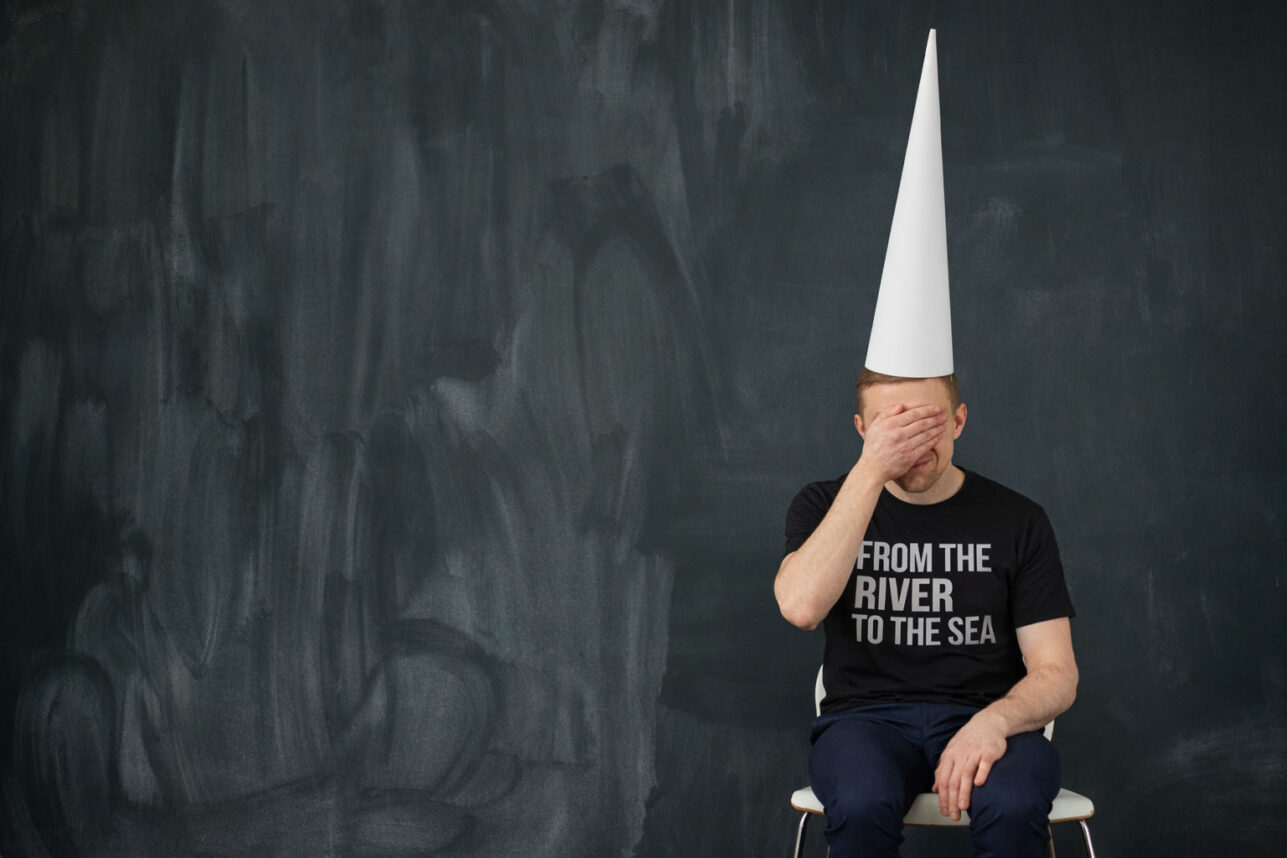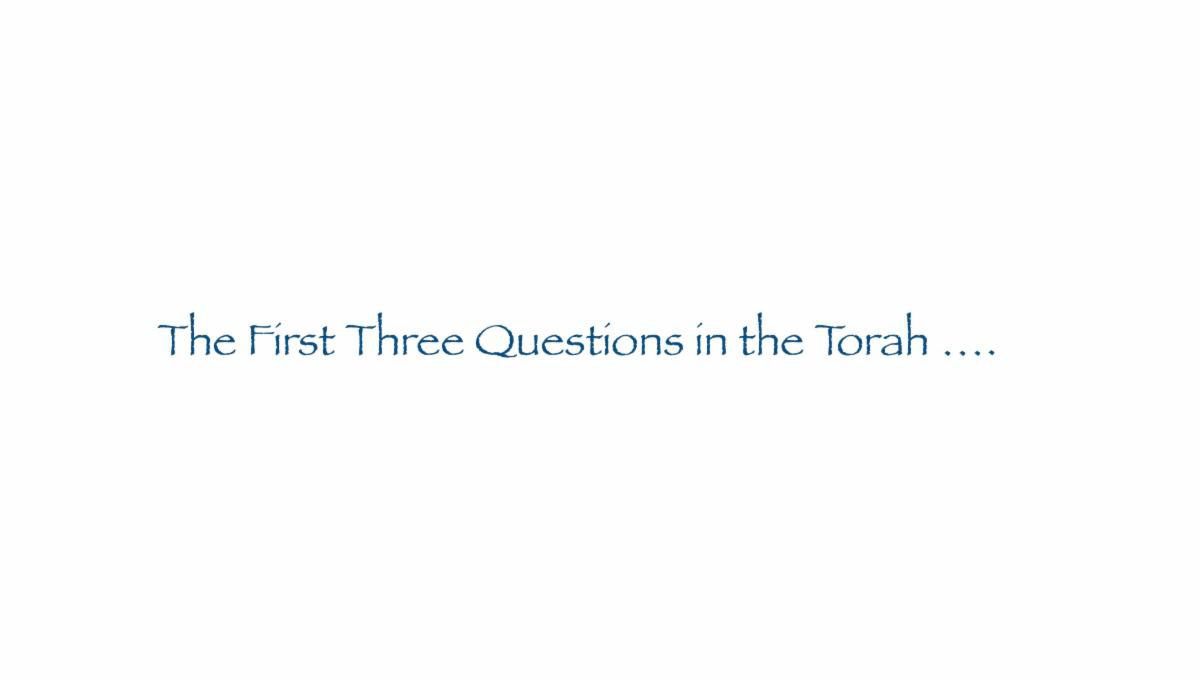Los Angeles photographer Naomi Solomon capped off her informal summer presentation series “Settlers: A Photographic Journey of the Life and Disengagement of the Jews Living in Gaza” at Nessah Synagogue in Beverly Hills last week, drawing more than 150 people.
Her evocative slide-show was a culmination of her personal explorations of life in Judea, Samaria and Gaza that began with her initial visit in 2002 to the mixed secular-religious Judean outpost, Ma’aleh Rechavam, and continued through the Gaza disengagement of August 2005.
After months of post-production since her return to Los Angeles, Solomon created a show of 100 select photos, which she has presented largely to Orthodox synagogues in the L.A. area. However, she says her mission to portray the diversity, humanity and culture of settlers and settlement life through her photographs is far from complete.
“My focus now is to branch out of local synagogues,” Solomon told the Jewish Journal in a telephone interview.
Predicting a particularly strong anti-Zionist sentiment on campuses this year, she plans to secure speaking engagements at universities, as well as at Reform and Conservative synagogues. Synagogues of all streams, however, have sometimes been reluctant to host her, as they fear that her presentation is too “political,” a fear that Solomon attributes, in part, to her provocative title.
While in her presentation Solomon makes clear her stance against unilateral withdrawals, she asserts that her aim is to “share her experience” rather than her political opinions.
“My goal is to unravel a human story within a political tornado,” she said.
Her photographs range from romantic scenes of settlers building homes, tilling land, playing guitar and surfing on the Gaza coast, to the more emotion-packed scenes of settlers protesting and soldiers evacuating settlers and demolishing their homes.
Solomon cannot say with any certainty that the recent war in Lebanon has drawn more interest in her work, although she believes her presentation is already changing perceptions. At the end of the recent show at Nessah, which climaxed with the image of the gates of Gaza closing, many congregants were tearful and the hall was silent. She related that on several occasions audience members came up to her afterward and retracted their support for the disengagement.









